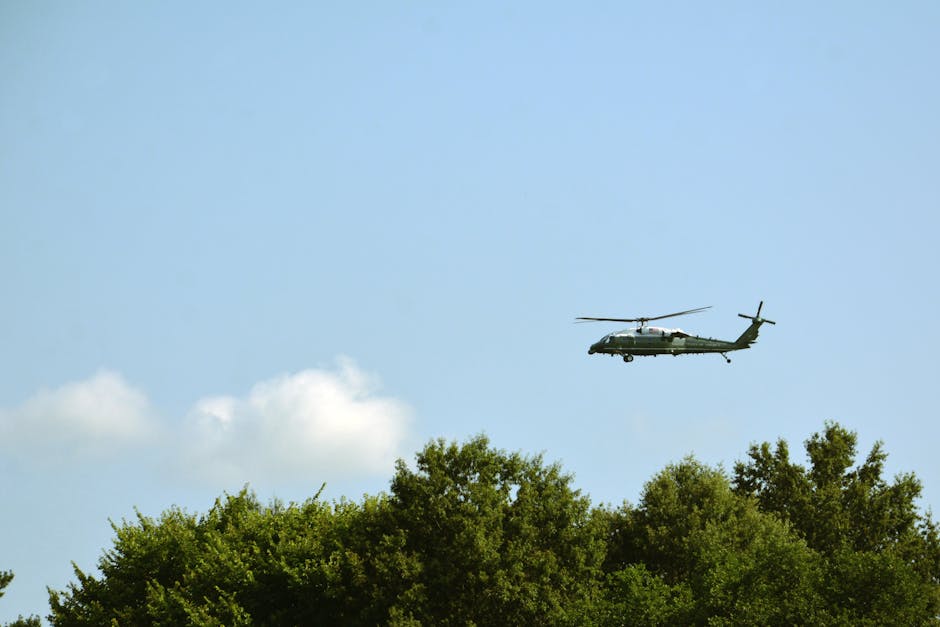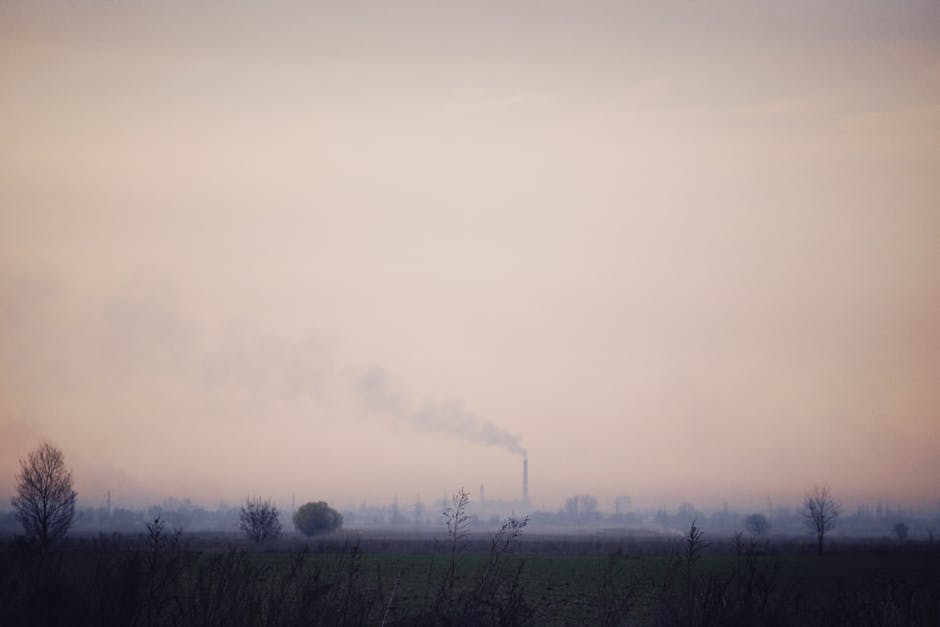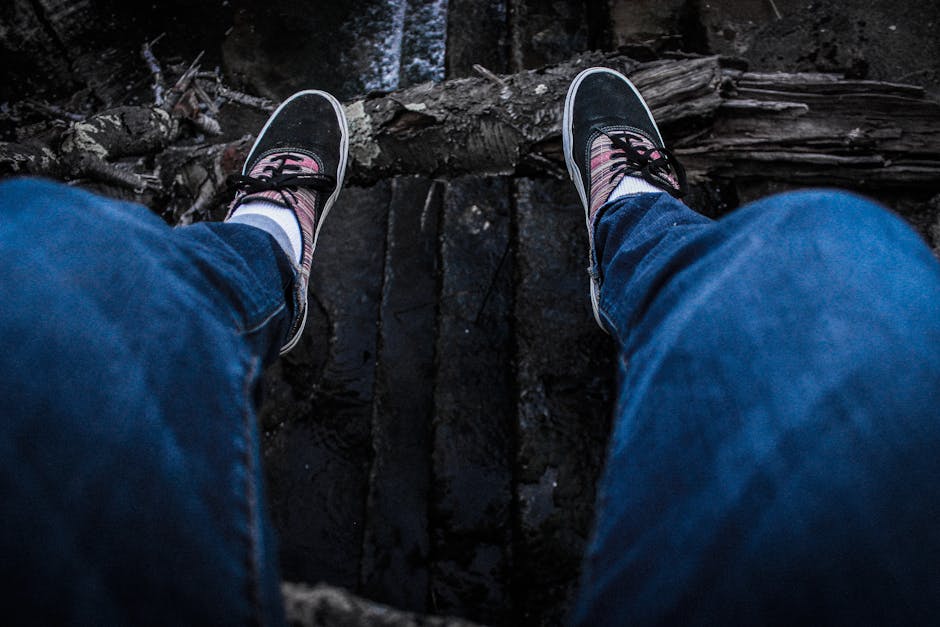In a significant development, the Supreme Court of India has issued a notice to the Central Government in response to a plea challenging the detention of renowned environmental activist and education reformer Sonam Wangchuk. The plea, filed by Wangchuk’s wife, seeks immediate intervention to secure his release and ensure his fundamental rights are upheld.
Sonam Wangchuk, a globally recognized figure for his innovative contributions to education and sustainable development in Ladakh, was detained under controversial circumstances last week. The detention has sparked widespread outrage among civil society groups, environmentalists, and citizens who view it as an attempt to stifle dissent and silence voices advocating for the rights of the people of Ladakh.
The Background
Wangchuk has been at the forefront of the movement demanding greater autonomy and environmental protection for Ladakh, a region that has faced significant challenges since the abrogation of Article 370 in 2019. His efforts have focused on ensuring that the unique cultural and ecological identity of Ladakh is preserved amidst rapid developmental changes.
The detention reportedly stems from Wangchuk’s participation in a peaceful protest organized by the region’s residents, demanding the implementation of the Sixth Schedule of the Constitution, which provides for autonomous administrative divisions in tribal areas. Critics argue that the government’s response to the protest has been disproportionate, with Wangchuk’s detention seen as a tactic to intimidate activists and discourage further dissent.
The Plea in Supreme Court
Wangchuk’s wife, in her petition, has highlighted the lack of transparency and due process in her husband’s detention. She contends that the authorities have failed to provide a clear rationale for his arrest, violating his fundamental rights under Articles 19 (freedom of speech and expression) and 21 (right to life and personal liberty) of the Indian Constitution.
The plea also underscores the broader implications of Wangchuk’s detention, arguing that it sends a chilling message to activists and civil society members who are working to address critical issues such as environmental sustainability and indigenous rights.
Supreme Court’s Response
A bench comprising Chief Justice DY Chandrachud and Justice JB Pardiwala took cognizance of the matter and issued a notice to the Centre, seeking its response within two weeks. The court emphasized the need for a thorough examination of the circumstances surrounding Wangchuk’s detention, particularly given his stature as a public figure and the widespread attention the case has garnered.
Legal experts have lauded the Supreme Court’s decision to intervene, viewing it as a crucial step toward upholding the rule of law and ensuring that the rights of individuals are not arbitrarily curtailed.
Public Outcry and Support
The detention has triggered a wave of solidarity across the country, with prominent activists, academics, and citizens expressing their support for Wangchuk. Social media platforms have been flooded with hashtags demanding his release, and several organizations have organized protests and online campaigns to amplify the issue.
Wangchuk’s contributions to education and sustainability have earned him international acclaim, including the prestigious Ramon Magsaysay Award. His detention has also drawn attention from global human rights organizations, which have called for a fair and transparent resolution to the case.
The Road Ahead
As the Supreme Court awaits the Centre’s response, the case has become a litmus test for the protection of democratic values and the right to dissent in India. The outcome of this legal battle is likely to have far-reaching implications, not only for Wangchuk but also for the broader movement advocating for the rights of marginalized communities and environmental preservation.
For now, the nation watches closely as the judiciary steps in to address what many see as an overreach of state power. The hope is that justice will prevail, and Sonam Wangchuk will be able to continue his invaluable work for the people of Ladakh and beyond.
Stay tuned to Live Law for further updates on this developing story.




